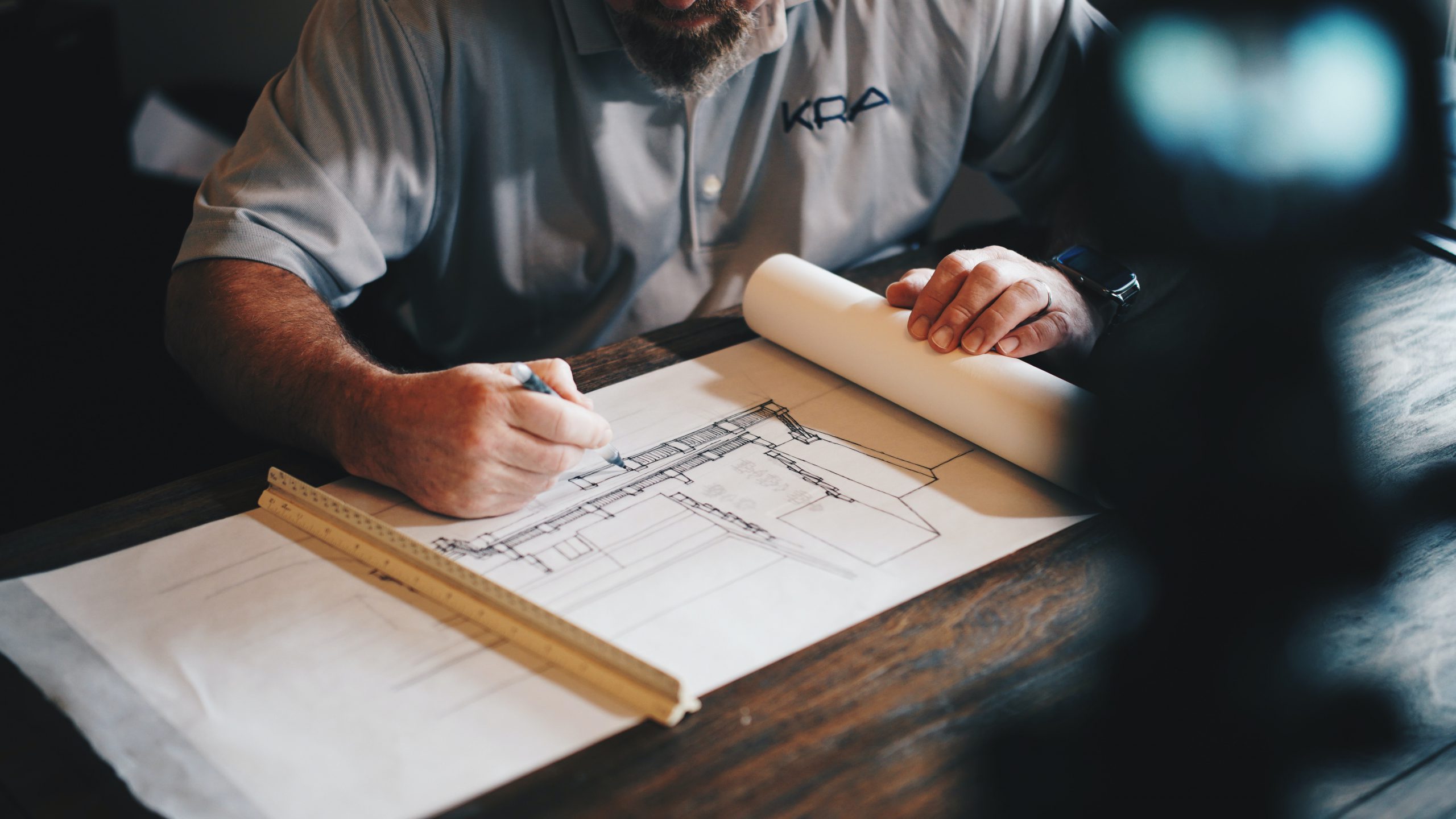
Buying an apartment or townhouse off the plan is a completely different process from buying a previously owned property.
The most tangible asset on which to make a judgment is the land component. All you have to go on is a floor plan, scale models, photographic simulations and the reputation of the developer which can often feel like a leap of faith.
So here are some questions to ask a developer before committing
- Does the development have DA approval?
Some developers try to make some sales before moving ahead with the expense of obtaining approvals. If no approval exists, then there a large element of fiction at play. There can be no guarantee construction will go ahead, or even look like the building being promised. No approval, move on. - Is this a fixed price contract?
Normally it is, but it remains an essential question. Ask your solicitor to check the Contract of Sale to make sure there are no on-costs, especially during the construction period. Try to use a solicitor or conveyancer who has experience with the developer, or off-the-plan developments in general. - What does the price include?
Make sure that fitted kitchens, bathroom fixtures and anything else that you are promised is included in the contract. Again, legal advice is essential to verify everything you are told. - What’s the component of land in the price?
To make sure you’re making a sound investment, find out what portion of the price is made up of the land value. Remember, land is an appreciating asset while structures depreciate in value. Also, it’s the land value that attracts the most fees and charges. This gets complex, so ask your solicitor or conveyancer for guidance. Consider using an independent valuer to validate the developer’s claims. - Will my apartment be like the picture in the brochure?
This is a reasonable expectation. And again, the answer should be ‘yes’. You should do research on the developer and find out what other off-the-plan projects they have undertaken and whether there was any trouble with them. Sometimes, a contract will state a developer can swap out one product for another in the event of unavailability. A conveyancer or solicitor will be able to assist you in gauging the risk factor here. - Can I visit the construction site, or previous development?|
The answer will depend on the developer and the state of the construction site. However, this is a reasonable request. A tour of a previous developments should be possible and probably more informative in terms of understanding the value for money a developer delivers. - Can I change anything to suit my tastes?
No harm is asking but selecting your own fixtures and fittings isn’t usually possible. A developer will buy these in bulk to contain costs. Therefore, the fixtures are either locked in, or you’ll be given a limited choice. Get legal advice on where you stand on this, and ensure the Sale of Contract covers inclusions and their warranties. - Where do I stand if construction is altered from the original plan?
It’s a fair question to ask of a developer, but a better answer will come from your solicitor or conveyancer’s reading of the Contract of Sale. - When will you finish, and when do I pay?
Smaller projects tend to complete more quickly than major constructions that include rooftop gardens, swimming pool and so on. A formal date will be stated in the Contract of Sale. Once the building is complete, however, you will need to settle to take ownership. If you require a mortgage, a developer will expect this to be arranged within 30 days of a deposit being paid. - What is the deposit, and is it refundable?
Never pay more than 10 per cent. That is the standard commitment for an off-the-plan purchase. You can pay cash, with a deposit bond or bank guarantee. Some developers resist guarantees and bonds.
A refund is possible during the cooling off period, which varies in each state, and when construction has not been completed within a specified time. This deadline can be found in what is called a sunset clause. The developer is obliged to repay your deposit if they miss the deadline. - Can I re-sell my commitment?
Sometimes, your situation changes. A job transfer, for example, can mean the apartment is no longer practical or wanted. Normally on-selling is forbidden in the contract, especially if a developer still has unsold stock of their own. Again, seek legal advice. - What sort of title applies to the purchase?
Strata Title will apply. This covers common areas used by everyone living in your apartment block and maintained collectively. A common alternative, Torrens, is applied to homes with land. - What will the Strata cost?
Each development will have an owners’ corporation, which will oversee management and maintenance of facilities, such as a pool, gym and landscaping. This is a common charge and can be quite steep, especially in larger developments. Make sure you don’t forget to factor this into your budget. - What is the process for handling complaints
You have three months to complain formally. Your developer will have homeowners’ warranty insurance to compensate you if work is incomplete or defective; (plus if the developer goes broke, dies, has their building licence suspended etc.). Try to avoid the complaints process by finding a mutually agreed solution. Seek a discount or compensation if the developer resists conducting additional work.
